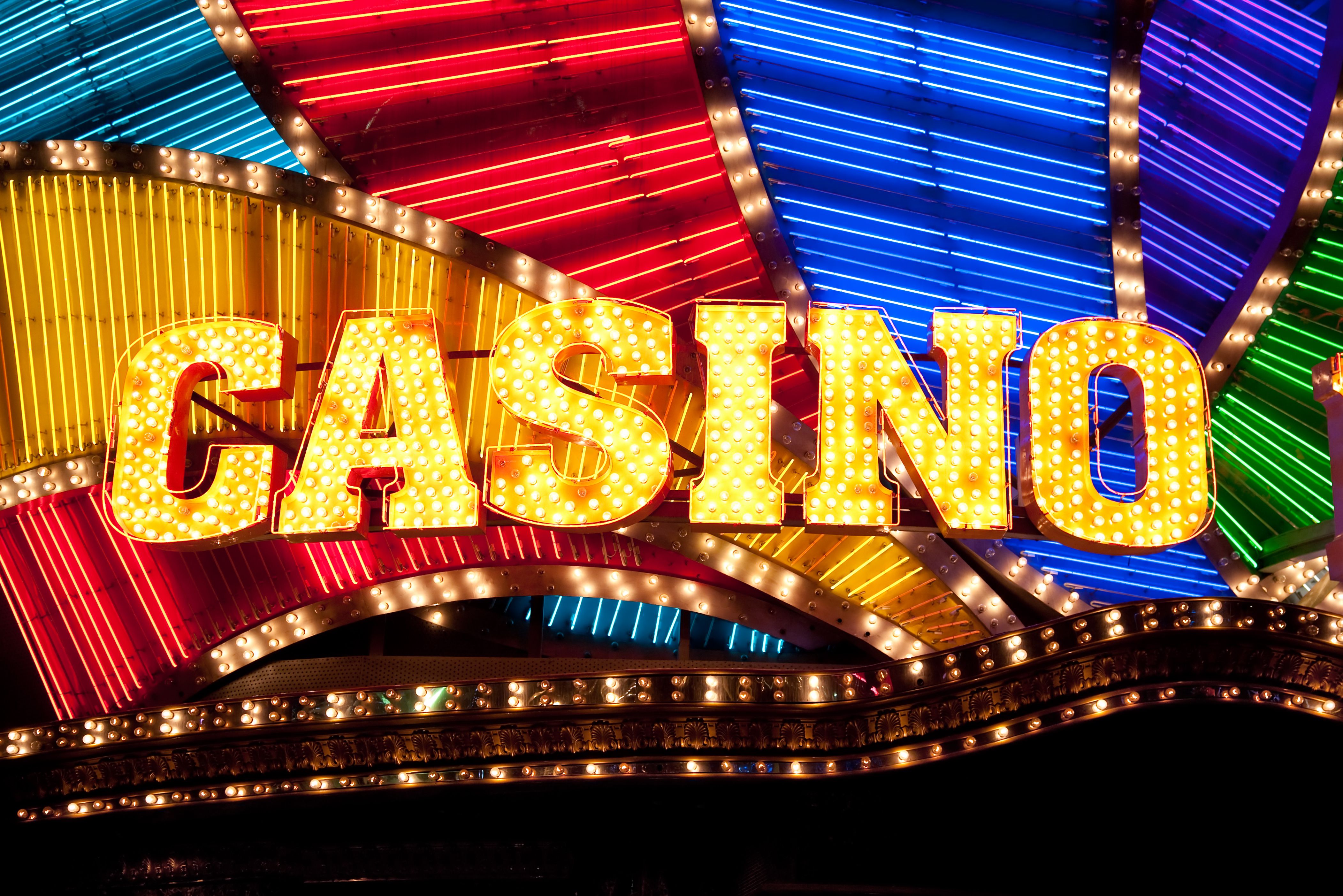
Within the lively realm of gambling halls, where the atmosphere humms with excitement and the clattering of chips fills the space, the position of a game dealer is both crucial and captivating. Each day, these skilled professionals step into a world where fortune and tactics intertwine, guiding players through the highs and lows of their chosen casino titles. From card games like 21 and texas hold ’em to the spinning wheels of the roulette table, dealers manage the gameplay while guaranteeing that every game runs smoothly and honestly.
As the day breaks on another hectic day, a casino dealer gets ready to dive in this vibrant environment. Their responsibilities extend beyond merely dealing the cards or turning a wheel; they are also performers, customer service representatives, and keepers of the rules. Each shift brings new obstacles and experiences, making every day distinct in the life of a casino dealer. This insider look will examine the day-to-day operations of a casino game dealer, highlighting the skills and experiences that make this profession both exciting and fulfilling.
The Role of a Gambling Table Dealer
A casino table croupier is at the heart of the gambling experience, orchestrating the progress of the play while ensuring that players are engaged and entertained. Their primary duty is to oversee the game, which includes distributing cards, rotating the wheel, or managing the chips, depending on the type of game being played. Croupiers must possess a thorough understanding of the rules and guidelines governing each type of game, while also upholding a welcoming and welcoming demeanor to enhance the gambling atmosphere.
In addition to managing the play, dealers must also keep a close watch on the players and the surroundings around the table. This entails monitoring for any indications of cheating, ensuring that everyone is adhering to the rules, and resolving any conflicts that may arise among players. Strong communication skills are essential, as croupiers often give explanations about the rules and mechanics and offer assistance to those who may be novice to casino games.
Furthermore, a dealer’s role extends beyond just the mechanical aspects of the play. They play a crucial part in crafting an immersive experience for the players. This necessitates building a rapport with patrons, being sensitive to their needs, and often injecting an aspect of entertainment into the play. It’s this mix of skill, alertness, and people skills that makes the position of a gambling table croupier both demanding and rewarding in the vibrant world of gambling games.
Daily Responsibilities and Challenges
One of the key responsibilities of a dealer in a casino is to supervise the multiple games available at their table, making sure a smooth and pleasant experience for players. Dealers must be proficient at dealing cards, counting chips, and maintaining the flow of the game. This requires a keen understanding of the rules of each game, from blackjack to roulette, and the ability to answer players’ questions while maintaining the game progressing. Attention to detail is essential, as dealers must monitor bets, pay out winnings accurately, and watch for any cheating or discrepancies at the table.
In addition to supervising the game itself, dealers face challenges such as dealing with difficult players. The casino environment can be stressful, particularly during high-stakes games, and a dealer must remain calm and professional at all times. They need strong interpersonal skills to handle interactions with players who may be frustrated about losses or dissatisfied with the game’s speed. Navigating these situations delicately is essential in creating a friendly atmosphere on the casino floor. daga88
Another significant responsibility is upholding the integrity of the game. Dealers must be alert and attentive, watching for any signs of collusion or cheating among players. This involves not only a solid knowledge of the games but also an awareness of player psychology. They must also adhere to the casino’s rules and procedures, participating in regular training sessions to stay informed on rules and protocols. Balancing these responsibilities while providing excellent customer service is what makes the role both challenging and fulfilling for a dealer in a casino.
Skills and Skills for Success
A proficient casino game dealer must have outstanding communication skills. This includes not only the ability to explicitly explain game rules and procedures to players but also the capacity to interact with them in a approachable and professional manner. Cultivating rapport with guests can enhance the gaming experience and encourage repeat visits to the casino. Effective communication enables dealers to manage tables seamlessly while ensuring that players feel valued.
Additionally, strong mathematical skills are essential for a dealer. Quick arithmetic are often required to follow bets, payouts, and game outcomes in real-time. A dealer’s ability to perform these math operations accurately and swiftly adds to the overall efficiency of the game. This skill helps in maintaining the flow of play and in minimizing disputes or misunderstandings with players, which is crucial in a rapid casino environment.
Lastly, an ideal casino game dealer should show integrity and professionalism at all times. Trust is a crucial component of the gaming experience, and players must feel confident that the games are conducted fairly and clearly. A dealer’s devotion to upholding high ethical standards fosters a friendly atmosphere at the table and enhances the casino’s image. Being dependable in behavior ensures that dealers leave a memorable impression on guests, which can lead to a faithful customer base.